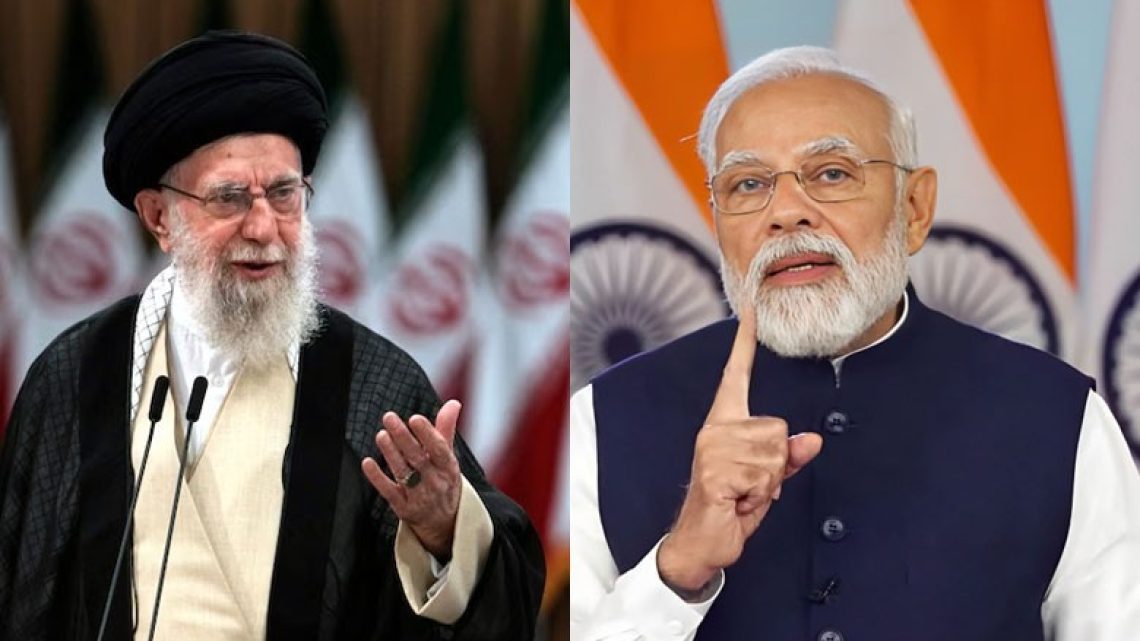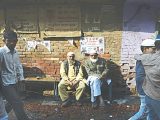
Indian Muslims Suffer during Modi Regime: Iranian Supreme Leader
September 19, 2024Ayatollah Khamenei, Iran’s Supreme Leader, made his comments during a speech in Tehran to commemorate the birth anniversary of Prophet Muhammad (PBUH). He emphasized the concept of Islamic universal brotherhood, urging Muslims to be aware of the suffering of their counterparts worldwide.
In his address, Khamenei stated that Muslims cannot ignore the struggles faced by fellow believers in places like Myanmar, Gaza, and India. His remarks were shared on his official website and later posted on social media.
This is not the first time Khamenei has addressed the situation of Muslims in India. In March 2020, after anti-Muslim riots in Delhi, he referred to the violence as a “massacre of Muslims.” He called for India to address the actions of “extremist Hindus” to avoid alienation from the Muslim world.
Khamenei has also expressed concerns regarding the situation in Jammu and Kashmir, especially after the revocation of Article 370 in August 2019. His criticisms extend to historical events like the 2002 Gujarat riots and the 1992 Babri Masjid demolition.
These ongoing remarks from Khamenei underline a growing rift in diplomatic relations between India and Iran. The Iranian leader’s focus on the plight of Indian Muslims may reflect broader geopolitical interests in the region.
The rhetoric surrounding this issue reveals deeper societal fractures. Many Indians feel defensive when faced with foreign criticism about domestic issues, especially concerning communal tensions.
Khamenei’s comments resonate with the segments of the Muslim community in India, who feel marginalized. These statements may amplify their concerns about discrimination and violence against them.
To conclude, Khamenei’s comments have sparked a significant diplomatic row, highlighting the precarious state of minority rights in India. Moving forward, it is crucial for all parties to prioritize constructive dialogue and seek solutions to improve communal harmony.

